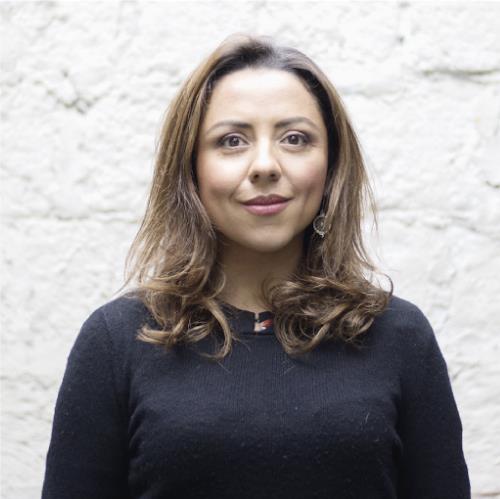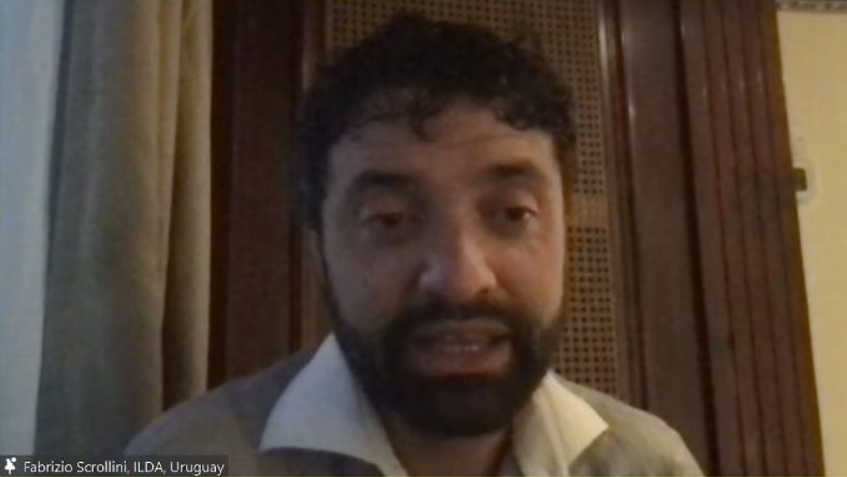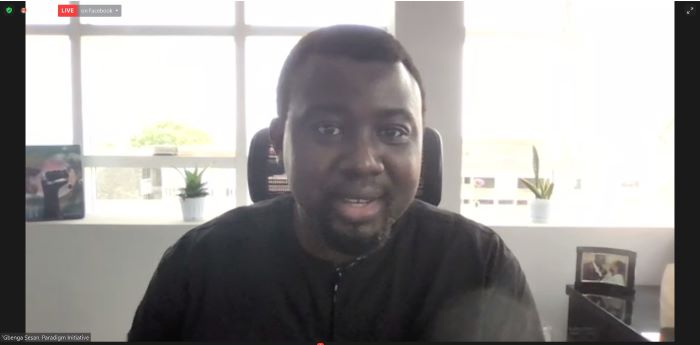Civil Servant 2.0
Polylat/UNESCO
Session 313
Which competencies will the civil servant of the future need, and how do we get there?
The challenges of digital-era governance require a new set of skills and competencies from civil servants, ICT ministries and digital units in government.
From designing inclusive public policies to improving the quality of public services, emerging technologies like AI can be leveraged for people, peace, prosperity and planet — if civil services can create the enabling environment for it.
The Digital Transformation and Artificial Intelligence Competency Framework for Civil Servants is being developed by the UN Broadband Commission’s Working Group on AI Capacity Building through a series of global and multi-stakeholder consultations.
In 2021, UNESCO published the Artificial Intelligence Capacity Building Needs Assessment survey in Africa, which identified an urgent need to strengthen capacities of government officials to leverage digital technologies, and to respond to the socio-economic and human rights challenges engendered by their use.
As an open resource, the Competency Framework will be context-sensitive and adaptable for use to support capacity building for civil services.





-
 C1. The role of governments and all stakeholders in the promotion of ICTs for development
C1. The role of governments and all stakeholders in the promotion of ICTs for development
-
 C2. Information and communication infrastructure
C2. Information and communication infrastructure
-
 C3. Access to information and knowledge
C3. Access to information and knowledge
-
 C4. Capacity building
C4. Capacity building





